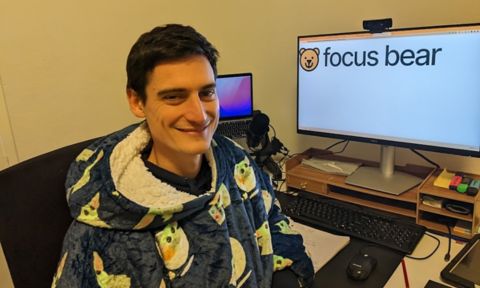Triumph over challenge: Turning neurodiversity into a strength
After channeling his lived experience of neurodivergence into creating the productivity app Focus Bear, PhD candidate Jeremy Nagel is now undertaking research that aims to enhance tech inclusivity for neurodiverse individuals.
Budding business leader sweeps student awards
RMIT Bachelor of Business graduate Marlon Holloway has won the College of Business and Law Medal at the 2024 Best of Business and Law Awards.
Looking to boost your skills? Take part in the Apple Foundation Program during Semester 1 break!
The Apple Foundation Program at RMIT is a fully subsidised program that offers an overview of the skills to become an iOS developer while introducing you to a highly sought-after transferable skill set.
Addressing Gender-Base Violence Annual Report 2024 – Further progress made
RMIT has reached a significant point of reflection in our work to prevent and respond to gender-based violence at RMIT, with the release of our Addressing Gender-Based Violence Annual Report 2024.









